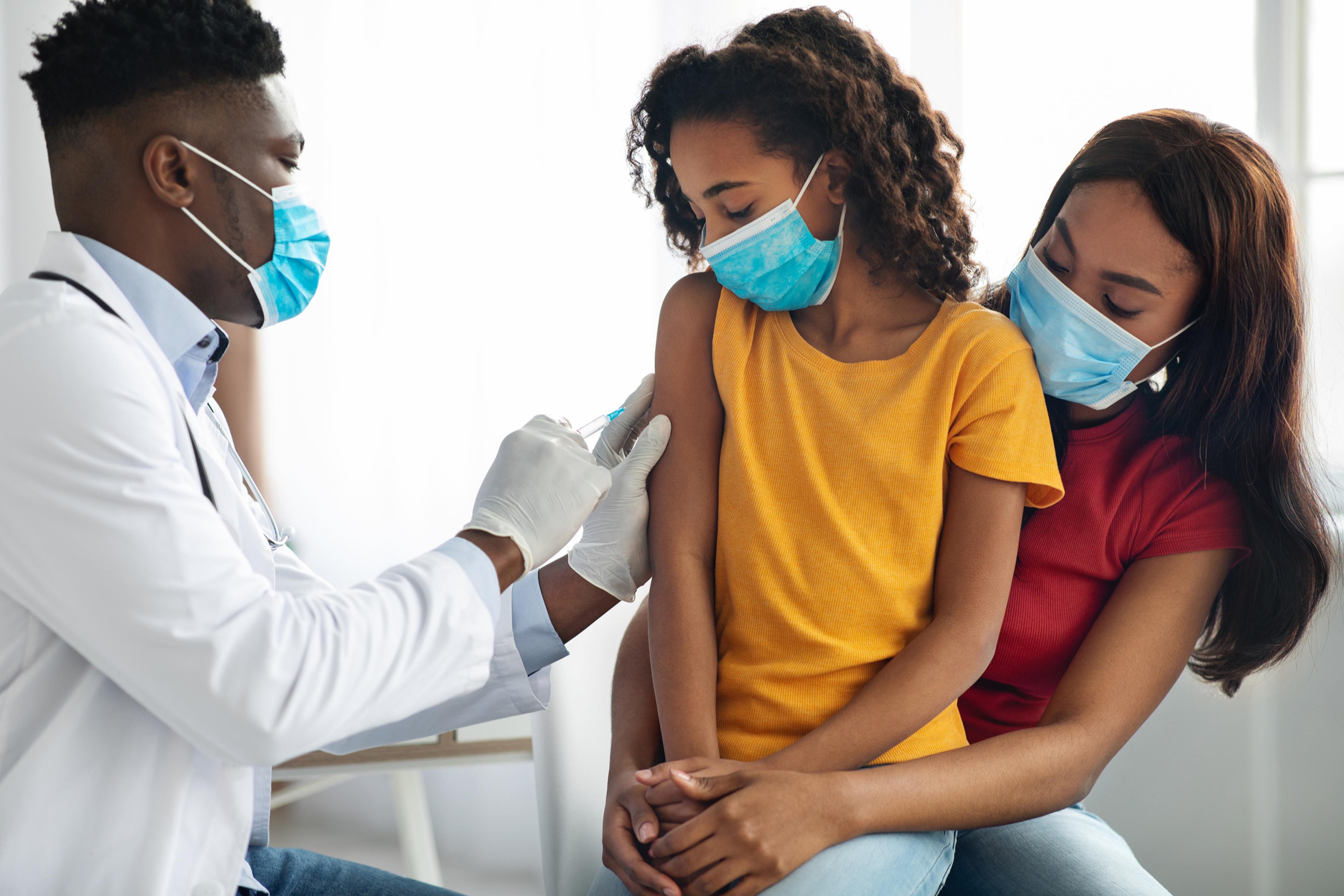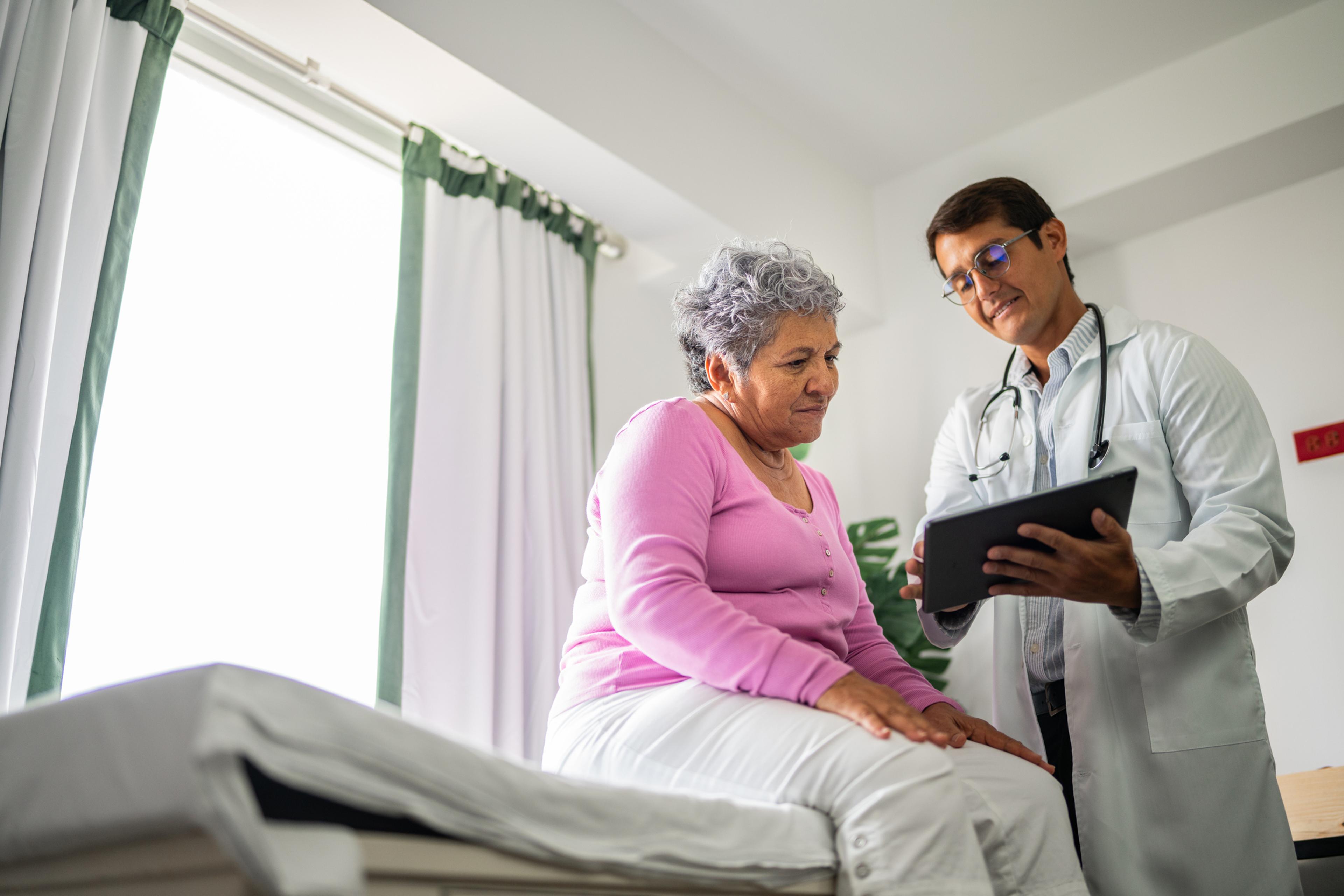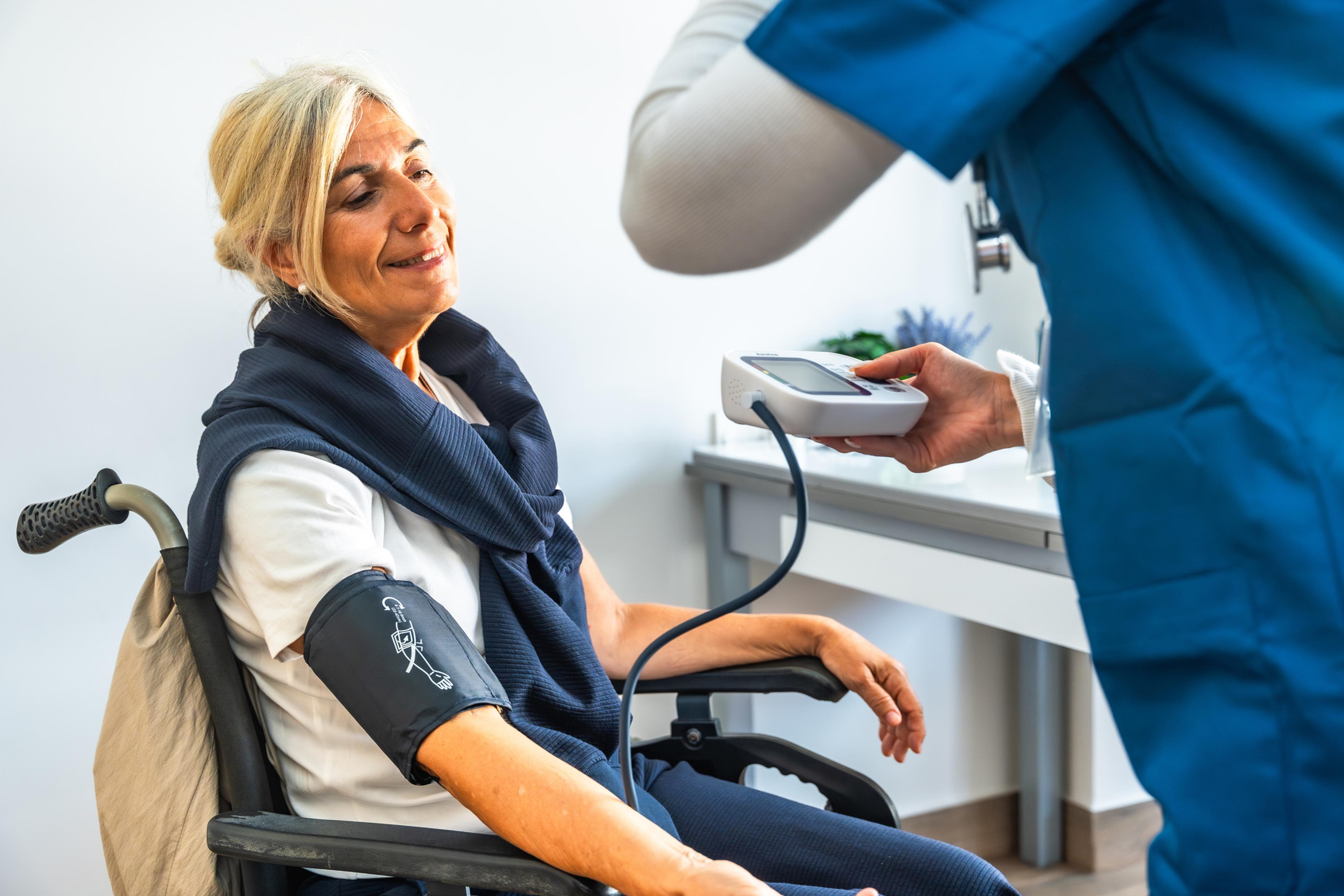What to Know About HPV’s Link to Cervical Cancer

Blue Daily
| 4 min read

More than 95% of cervical cancer cases are caused by the human papillomavirus (HPV).
Genital HPV is the most common sexually transmitted infection in the United States. Most sexually active people contract the virus at some point in their lives because it spreads easily through skin-to-skin contact. Of the nearly 80 million Americans living with HPV, many are teenagers or individuals in their early 20s.
Most strains of HPV do not pose serious health threats, but it’s still important for women to know the risks of HPV so they can take appropriate preventive measures.
HPV symptoms and complications
HPV doesn’t always cause symptoms. Many people who contract the virus don’t know they have it. More than 90% of all new HPV infections disappear on their own or become undetectable within two years of contraction, even without treatment.
When HPV does become apparent, the most common complication is genital warts, which may appear as flat lesions, small cauliflower-like bumps, or tiny protrusions on a woman’s vulva. Genital warts can also appear near the anus, on the cervix or in the vagina.
Can HPV cause cancer?
The International Agency for Research on Cancer found that 13 of the more than 40 types of HPV can cause cervical, vaginal and vulvar cancers. The types of HPV that normally produce genital warts are not the same types that lead to cancer, so people who are sexually active should practice prevention measures, like using condoms during sex.
Getting screened for cervical cancer – either via Pap smears or HPV tests – is crucial for all women. Cervical cancer screenings rerecommended every three to five years (depending on the type of screening performed) for women ages 21 to 65 and can detect HPV and pre-cancerous cells before they develop into cancer. It is important to note that these are screening tests, not diagnostic tests, which means they cannot tell for certain if a person has cervical cancer. An abnormal Pap or HPV test result may lead to more testing.
Symptoms and signs of cervical cancer
Women who are sexually active should know that cervical cancer signs are almost nonexistent before the cancer progresses into an advanced stage. Women with early-stage cervical cancer may experience these symptoms:
- Abnormal vaginal bleeding
- An unusual discharge from the vagina, which may contain some blood and may occur between periods or after menopause
- Pain during sex
- Pain in the pelvic region
- Symptoms of late-stage cervical cancer may include:
- Heavy vaginal bleeding
- Blood in the urine
- Swelling of the legs
- Urination or bowel movement problems
Ethnic disparities in rates of cervical cancer
Women who are Black and Hispanic are more likely to develop cervical cancer than women who are white. Additionally, women who are Black are more likely to be diagnosed with cervical cancer at a later stage than women who are white.
Black women are also more likely to die from cervical cancer than women of other races or ethnicities, possibly because of decreased access to preventive screening tests and follow-up treatment. It is very important for all women to be screened for cervical cancer via a Pap smear or HPV testing.
What to know about HPV vaccination
Experts believe one of the best ways to prevent cervical cancer is through the HPV vaccine.
All adolescents aged 11 to 12 – both girls and boys – should receive two doses of the HPV vaccine. The shot can help boys avoid infection from HPV to decrease the risk for genital warts, certain types of cancers in males and reduce the spread of infection to others. The HPV shot is important because:
- It protects against infections that can lead to certain cancers.
- It protects against abnormal cells that can lead to cancer and the lasting effects of testing and treatment for these precancers.
- It protects children long before they are exposed to cancer-causing infections.
- HPV vaccination is not recommended for everyone over the age of 26. Some adults between the ages of 27 and 45 who are unvaccinated may consider the HPV vaccine after speaking with their doctor and learning if they are at risk for new HPV infections.
The HPV vaccine is a very important way to decrease risk of cervical cancer and other genital cancers in women. Women over 21 should also make sure they receive regular screenings for cervical cancer via a Pap smear or HPV testing.
Martha Walsh, M.D., is a senior medical director and associate chief medical officer at Blue Cross Blue Shield of Michigan. For more health news and information, visit MIBluesPerspectives.com.
Keep reading:





